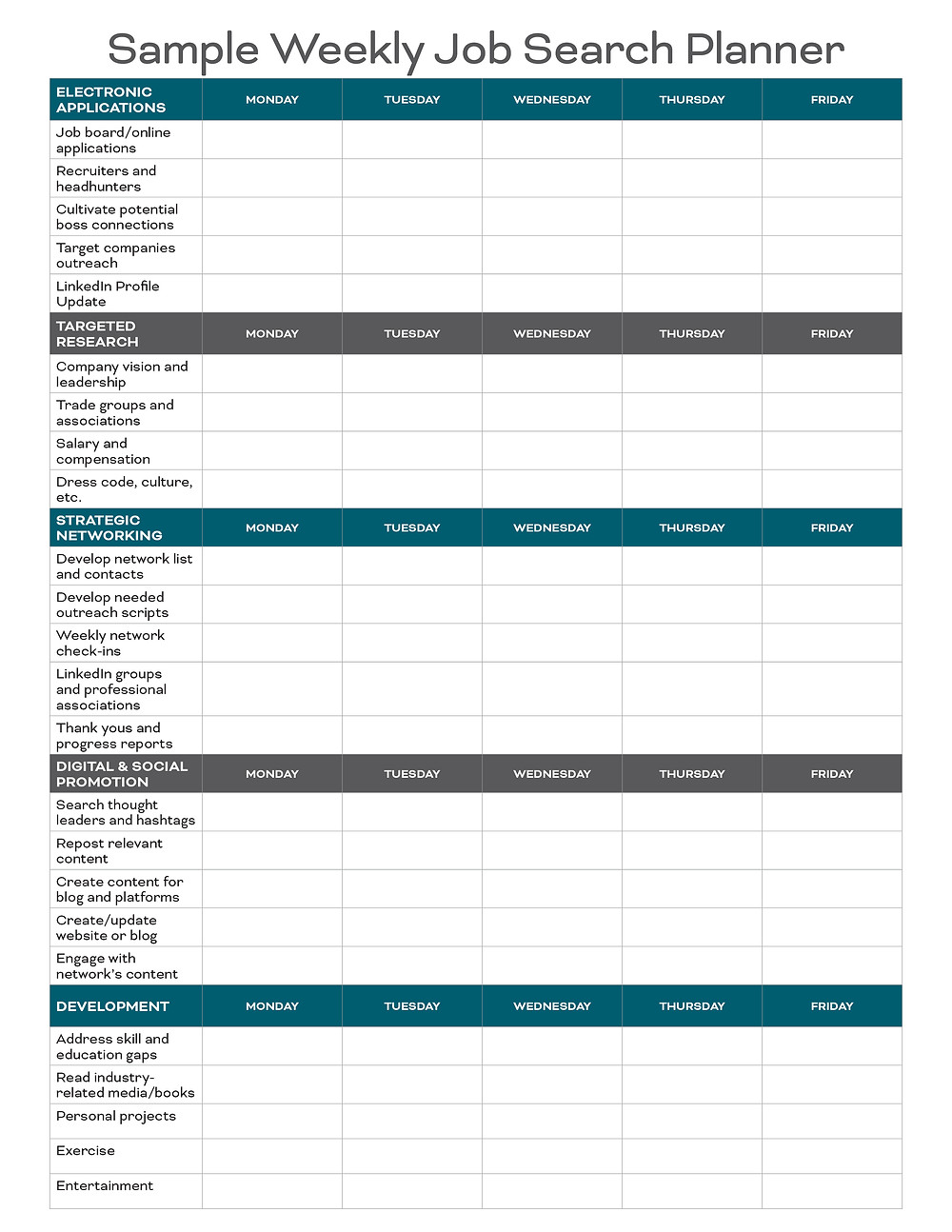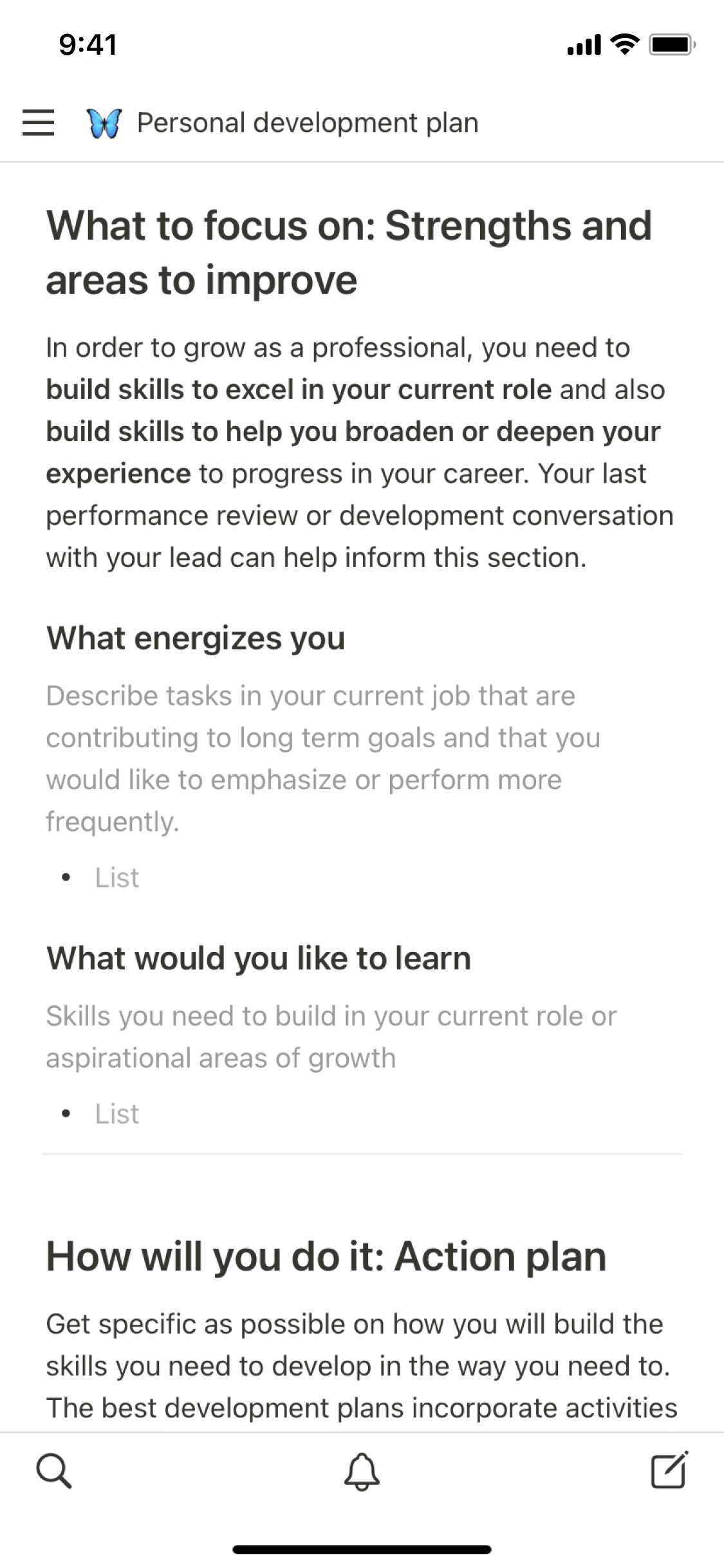
Planning for your career is all about envisioning where you want it to be in the next few years. This can include solving organizational problems or expanding your skills. It is important that you keep track of your career achievements, set realistic long and short-term goals, and determine the best ways to achieve them. These tips will help you start your career planning.
Goal setting
Setting goals is an important step in your career and personal development. You can set goals related to your earning potential, promotion, education or creativity. It is important to assess your progress toward these goals on a regular basis. Doing so will allow you to have a better sense of the progress that you are making towards your goals and make it easier for you to work toward them.
In addition to identifying your current goals, you should also consider your future career plans. It's important to keep in mind that your long-term career plan can be difficult to formulate when you're in your early career. You may not know what kind of work you enjoy or what career options are available. However, reflecting on your long-term goals can help you determine what you truly want out of your career and work.
Keeping track of work achievements
It is essential to keep track and record your work achievements when planning for your career. This allows you to showcase your achievements to potential employers and can be used as leverage to negotiate higher salaries. You might be able to prove that you have won an award, or that you are an active member of an organization. These documents can be used to support your qualifications. This is an excellent way to improve your self-esteem.

Another benefit of keeping track of work achievements is that it can serve as an important reference during performance appraisals. It can also help you build your online reputation. You can create a spreadsheet to document major work accomplishments, complete with a short description and date.
Set realistic career goals for the short-term as well as the long-term
Set short-term as well as long-term career objectives, no matter whether you are a student, an adult working in the field, or just someone looking to pursue a career in that area. Short-term career goals are smaller-scale and achievable; long-term goals require more effort, patience, and time.
As they are often more ambitious and long-range, long-term career goals require more planning. It might take several years for them to be achieved. It can take several years to earn a degree. In general, most people aim to earn a degree as their first long-term goal.
Identifying means to achieve goals
Planning for your career includes identifying the right means to achieve them. In this process, you can clarify your long-term and short-term goals. For example, if you'd like to become a public speaker, you could take up public speaking courses and learn to speak on stage. For example, you might learn to use programming languages to become a data analyst. It's important that you have clear goals.
These goals may be related to different areas of your personal life, including family, finances, artistic, or physical goals. Some goals are directly related to your job, such as a promotion at work. Others could be related to family life or good health in older age.

A senior employee can give guidance
Getting guidance from a senior employee can be a great way to develop your skills and explore new opportunities. The first step is to review your job description and consider what career path you want to pursue. Once you have a good idea of your goals, create a plan for your manager and present it. Keep the conversation honest and open so you both know what's best for you.
Although career pathing involves an upfront investment by the employer, it is well worth it in terms of employee engagement. LinkedIn Learning reports that 94% said they would continue to work for their company if their bosses invested in their professional development. This is because employees who don't know their career path are more likely than others to be unhappy in their jobs and look for other employment.